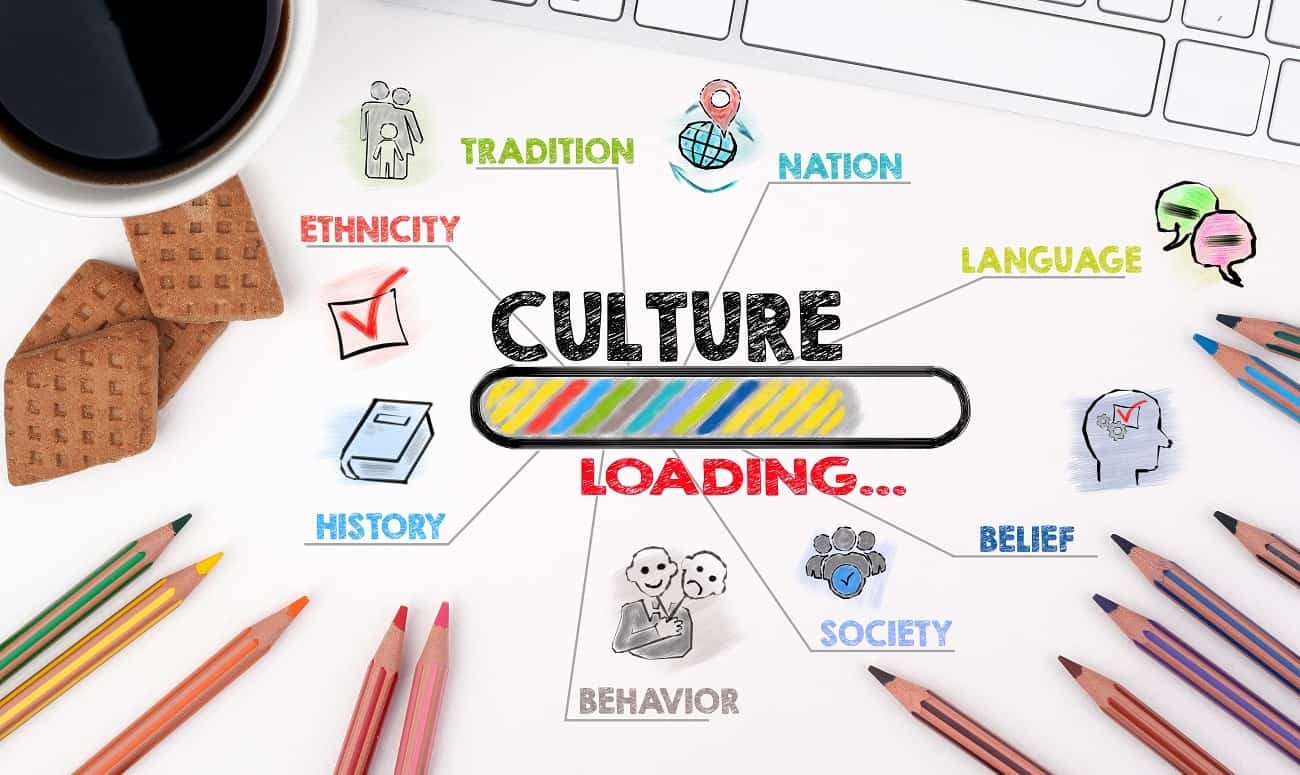
While workforce diversity gains most of the attention, fostering inclusivity can be simpler and potentially more impactful to company culture. We all are unique. All of us have a compelling back story, but most of us are guarded and keep our stories hidden. Cultural diversity awareness month seeks to change that. Sharing stories gives each other insight into our different backgrounds, journeys and perspectives.
I am originally from Chicago, a woman, of color, over 40, who chose to raise a family in the Boston area and loves being in biotech. My journey has included being in a life altering car accident many moons ago to working in diverse industries across several regions. Along the way, I was exposed to many professional, political, religious and social cultures. As you can imagine, I am no stranger to controversy or managing conflicts. I have learned that empathy and collaboration are essential for survival. Close your eyes and imagine what it would feel like to be the ‘only one’ – the only woman in a room full of men; or the only person of color at a conference. For many of us, these scenarios are recognizable, but diversity extends beyond gender or race. Close your eyes again and imagine being in a wheelchair and there is no ramp to get up a curb, nevertheless into a building; imagine being the only Muslim surrounded by Christians; or 7,000 miles away from home and English is your second language.
Ways to Celebrate ‘Otherness” in the Workplace
You can give all your employees (no matter gender, disability, age, marital status, military experience, sexual orientation, religious beliefs, ethnic background and just about anything that makes someone different) a level playing field by honoring whatever makes them who they are.
One of the best ways to signal to your employees that it's OK to be themselves is to connect with them on a personal level. Simply ask them about their background with respectful curiosity. Be transparent with them about your own life. If you are real with them chances are they will be real with you.
Here are some simple ideas:
- Speak up when you hear inappropriate cultural or ethnic jokes or comments. Don't be a “silent supporter.” Let people know that biased speech is always unacceptable.
- Publish a calendar every month on the intranet or, create a calendar and distribute it to all departments. List holidays celebrated by other nationalities represented in your organization. The United Nations has an alphabetical list of the national holidays of all of its 193 member countries.
- Another useful tool is the Interfaith Calendar. Holidays are listed for religions including Judaism, Buddhism, Hindu, Christian, Sikh, Native American, and even more!
- Create a potluck day where employees are encouraged to bring in food that reflects their heritage because traditions and recipes speak to the unique flavors, history and beliefs of a community. (I am from Chicago. We may not all speak the same language but, we all speak Food.)
In a recent MassBio Diversity Success Story, Paula Soteropoulos clearly argued why diversity and an inclusive culture are so important to her company's success:
Paula Soteropoulos, President & CEO of Akcea Therapeutics, believes it is essential to consider the immense value in diverse perspectives, and working hard to foster an appreciation for diversity in the wider Akcea team. From only two staff members just over three years ago, Akcea now has approximately 100 team members operating in seven countries. “I’d like to see more discussion of intra-team advantages of varied backgrounds and perspectives, because I think there’s something special there… if managed correctly, it’s part of a recipe for a highly effective team.”
Paula’s parents were immigrants to the United States from Greece. She grew up bilingual, appreciating the culture her parents grew up in and feels that the cultures you experience leave their mark and inform your perspective. Paula often says that diversity in opinions leads to better decision-making, and this holds true across gender, ethnic background, or however someone wishes to distinguish themselves. “At Akcea, it is very important to me to foster a culture of inclusion to encourage a sense of belonging. Rare disease therapeutics companies take on extremely ambitious tasks on a global scale, and to deliver the best outcomes we need to pull together as a cohesive team with shared values.” Click here to read Paula’s full story.
Bottomline
Who feels welcome and included vs. who doesn’t really matters. It matters in how you recruit, reward and retain team talent. Having eclectic teams will attract candidates who appreciate your values; attract partners who share your vision and will give the marketplace a reason to align and believe in you. In honor of April being Cultural Diversity Awareness Month, I would like to know what your company is doing to create an engaging, inclusive environment while enhancing the bottom line. Share your story with us.
Edie Stringfellow is MassBio's Director of Diversity & Inclusion. Learn more about her here.